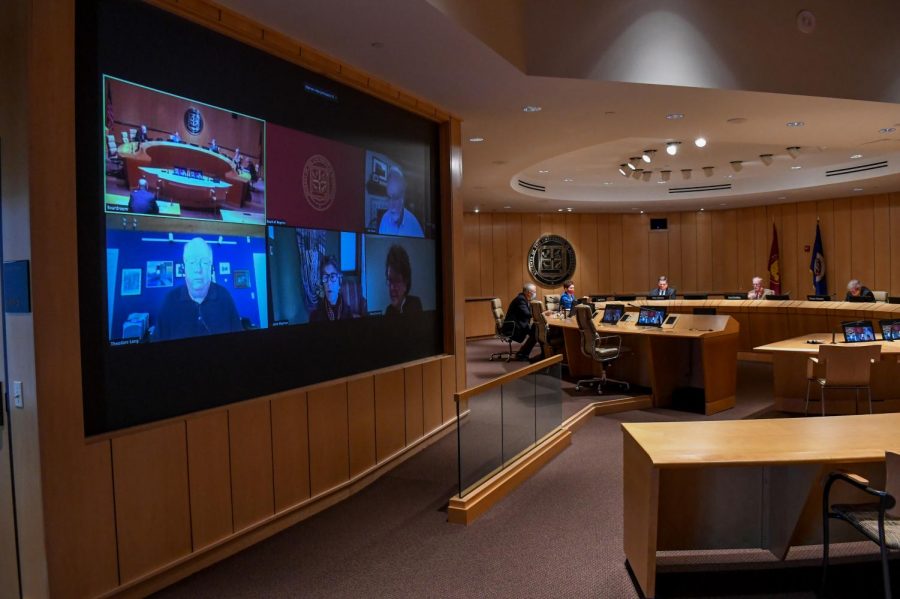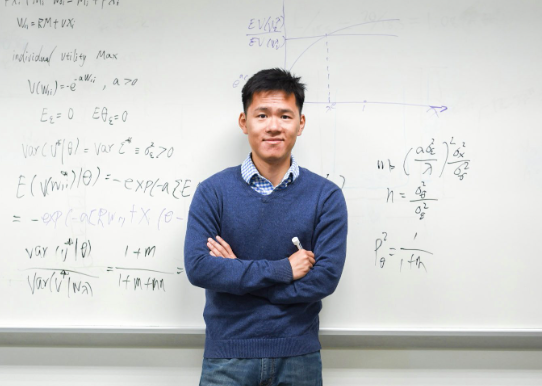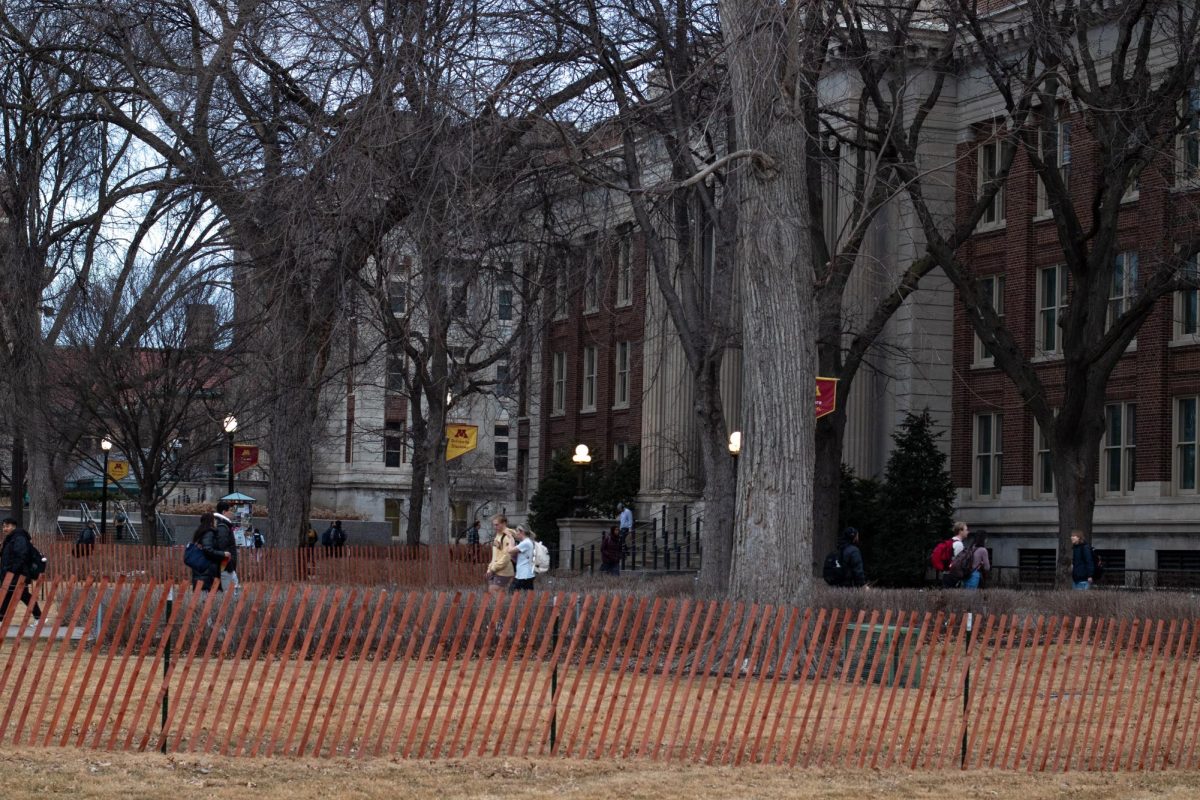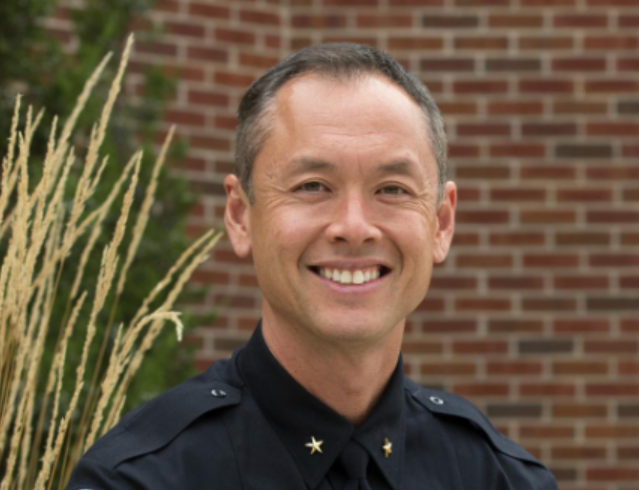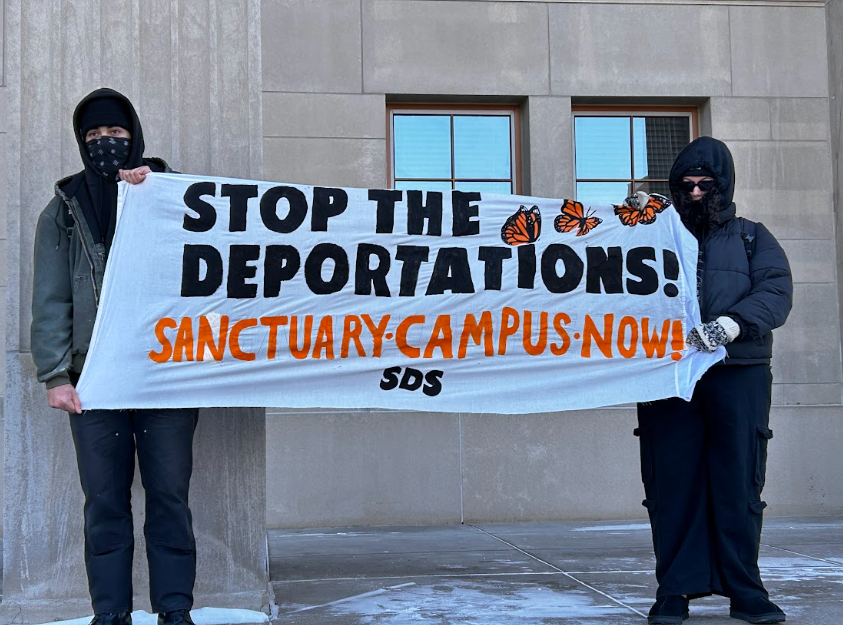In anticipation of the upcoming Board of Regents election, students and faculty weighed in on current regent operations and shared their hopes for the future.
Four regent positions are up for election this year, including Regent Micheal Hsu, Randy Simonson, Richard Beeson and Thomas Anderson’s positions. Many have brought up the lack of diversity on the board as an ongoing issue in regent elections. Additionally, University stakeholders have said they would like to see more consultation between the board and student and faculty bodies.
The Minnesota Legislature, with advising from the Regent Candidate Advisory Council, will fill the four positions. Each member of the board serves six-year staggered terms.
Dr. Jennifer Pierce, a professor of American Studies at the University, said in an email to the Minnesota Daily that she is hoping the board can better reflect the values of the University by adding more diverse perspectives to the decision-making body.
“The Board of Regents as it stands now is overwhelmingly white and male,” Pierce wrote in her email. “If diversity is indeed one of the core values of the University, there should be more BIPOC (Black, Indigenous, People of Color), women and queer people on the Board of Regents.”
Some Faculty Senate leaders say they hope to see more consultation between the board and the Senate. Carol Chomsky, the vice chair of the University Senate said while the board and the Senate typically do not interact directly, faculty appreciate such collaboration.
“You want to see someone who appreciates what the University does,” Chomsky said. “That is, appreciate that it is a multitude of voices, all of which need to be attended to, not necessarily followed, but listened to seriously and taken into account in decision making.”
Minnesota Student Association President Amy Ma said she is also hoping to see increased collaboration and conversation between the regents and the student body going forward.
“I think the Board of Regents, at its highest level of governance, can still be very inaccessible. There, I think, are a lot of really long-term initiatives that our University can take such as divestment from fossil fuels,[and] working for longer-term solutions for college affordability,” Ma said.
Ma also said MSA is working on a questionnaire that will ask students what they want to see from potential regents.
Students are keeping a close eye on the upcoming elections, said Briggs Tople, chair of the Student Senate. He said students understand that the incoming regents will have an impact on the rest of their experience at the University and the experiences of others in the years to come.
“It’s unusual in comparison to previous years, because [students] understand that these regents will have an impact on student’s lives for the remainder of their terms here at the college, but also for students in the future,” Tople said. “They’re trying to engage with that process far more.”
Tople also said he hopes the regents will take more action to tackle pressing issues — such as the University’s contribution to the climate crisis and the police presence on campus — in their upcoming term.
Tople said he wants to see more communication between the board members and students in the future.
“I’d really like for them to engage with us on a one-on-one basis instead of just having to hear our thoughts relayed to them through another administrator,” Tople said.


